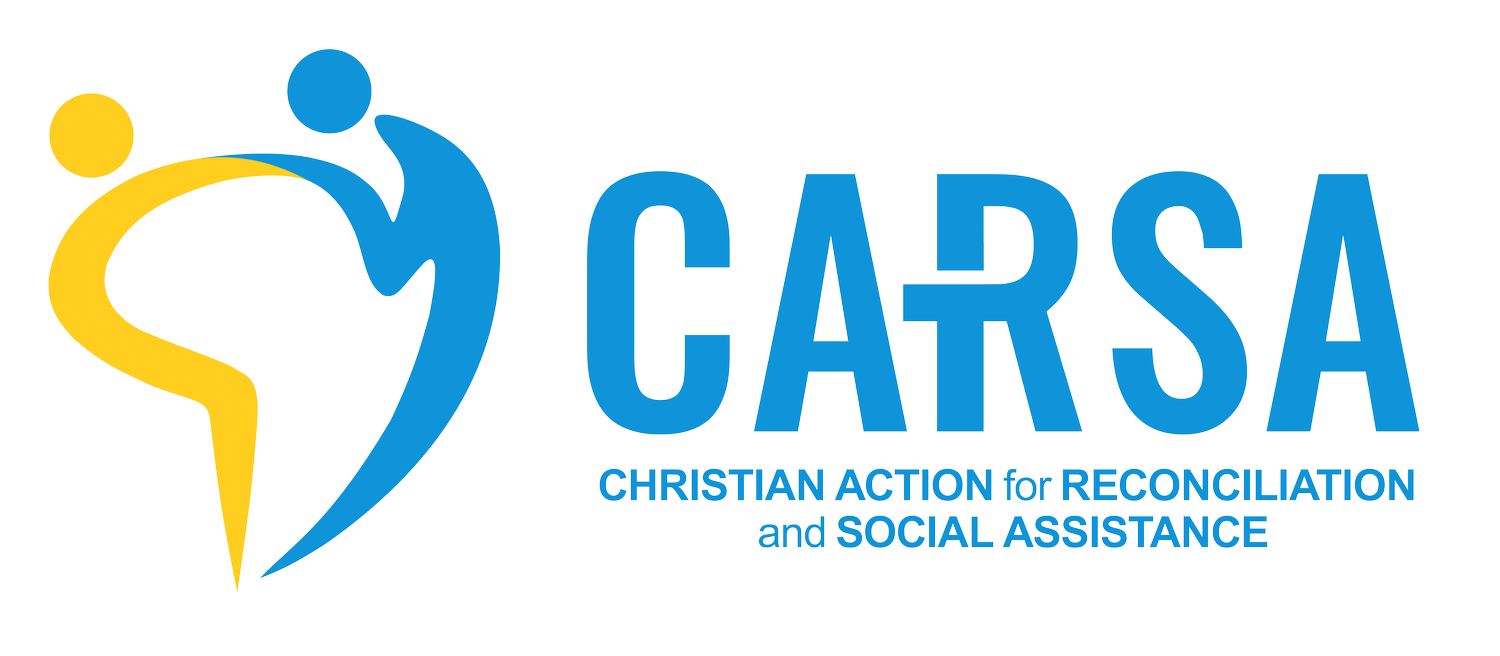Resilience Cell Groups (RCGs): The righteous path toward forgiveness and unity
Today, more than 29 years have passed since the 1994 genocide against the Tutsi, a violent tragedy that not only left over a million innocent lives dead but also shattered social cohesion, trust, and unity among Rwandans.
The effects of the genocide lingered on, and reconciliation after human rights violations, violent conflict, and genocide is one of the most daunting tasks for a society. It is ultimately a matter of finding a way forward and jointly transforming relationships, reconstituting the social fabric, and strengthening social cohesion.
In 2002, Christian Actions for Reconciliation and Social Assistance (CARSA) was instituted in Rwanda to help people better deal with the consequences of the genocide and its aftermath.
In a bid to heal the wounds and memories of the trauma of the Genocide against the Tutsi and foster genocide survivors and perpetrators to work together for the development and economic upliftment of their communities, which also leads to building trust and social cohesion, CARSA brought onboard different initiatives, mainly Reconciliation Workshops, Reconciliation Cell Groups (RCGs), Cow for Peace, and others.
CARSA’s Resilience Cell Groups have meaningfully supported the Rwandans with the main objectives of freeing the perpetrators and the victims, as well as their families, from the bondage of shame, unforgiveness, hatred, revenge, and Genocide ideology so that they can become contributing members of the New Rwanda, where all people regard themselves as Rwandans, not as communities identified and separated by ethnicity.
RCG brings together 15–30 genocide survivors and perpetrators throughout the journey of weekly sessions. Group participants share daily life experiences, learn from each other, and support one another in dealing with daily stressors and legacies of the past, as well as assist them with opportunities for welfare in various peace-building initiatives.
Last week, members of one Resilience Cell Group (RCG) that enthusiastically operates in Rusovu Cell, Nyarusange Sector in Muhanga District, gathered to congregate the strides that have been taken to shape unity and resilience and provide compassionate community support to one of the group members.
At the outset of the activity, genocide survivors and former perpetrators met at the arable land of one member who had grievously lost her brother a few days ago. Since she wasn't able to cultivate and sow the seeds on time, farming season A is going to end.
Nkundizanye Marie is among the survivors and was sharing the testimony.
After the cultivation of two pieces of land, they straight away went to the beneficiary's house to keep comforting her family. During the group meeting, they also testified how the reconciliation group fostered their journey towards trauma healing, ultimately forgiveness and reconciliation, love, as well as social wellbeing.
This communion activity has proven the significant role of RCG in building lasting peace, restoration of relationships, resilience, trustworthiness, social cohesion, social well-being, and togetherness, as well as contributing to building a transformative nation.
RCG members.
Rudasingwa Théoneste, 60 years old, from Rukurazo Village of Rusovu Cell in Nyarusange Sector-Muhanga, was sentenced to 8 years for committing genocide crimes during the 1994 genocide against Tutsi, and he does not regret having gone to the penitentiary.
When he returned to the community, the process of reintegration was not a walk, and his heart was restless until he joined the CARSA’s Reconciliation Workshop to start a path of reconciliation and getting to terms with his past.
In the workshop, Rudasingwa met with genocide survivors, including Biziyaremye Emmanuel, whose family he had killed. At one of the meetings, Rudasingwa had the courage to apologize.
“I know that what I did was wrong, and I am sorry for the pain that I caused. Through the restorative dialogues, I have had the opportunity to ask for forgiveness from survivors and to work towards rebuilding our relationship. It's not always easy, but we are committed to working towards a better future together; we are now unified as one, and even when any one of us has any loss, we all instantly sustain it." said Rudasingwa, a perpetrator of the genocide.
RCG members.
Nkundizanye Marie is among the survivors of the Genocide against the Tutsi in 1994 from Nyarusange of Muhanga District, She is a witness to the RCG which enabled her to forgive a perpetrator. She says “I never thought I would be able to forgive someone who killed my family, but through these CARSA reconciliation processes, I have been able to find a sense of closure. It's not about forgetting what happened, but about finding a way to live with it and to work towards building a better future free from hatred and division."
These quotes demonstrate the power of restorative justice, social inclusion, and reconciliation in promoting healing and forgiveness between survivors and perpetrators of the genocide. Despite the unimaginable pain and trauma, they have found a way to come together and work towards a better future for themselves and their communities.
Since its establishment in 2002, the subsequent CARSA has registered many stories of positive change, including people forgiving those who killed their entire families.




